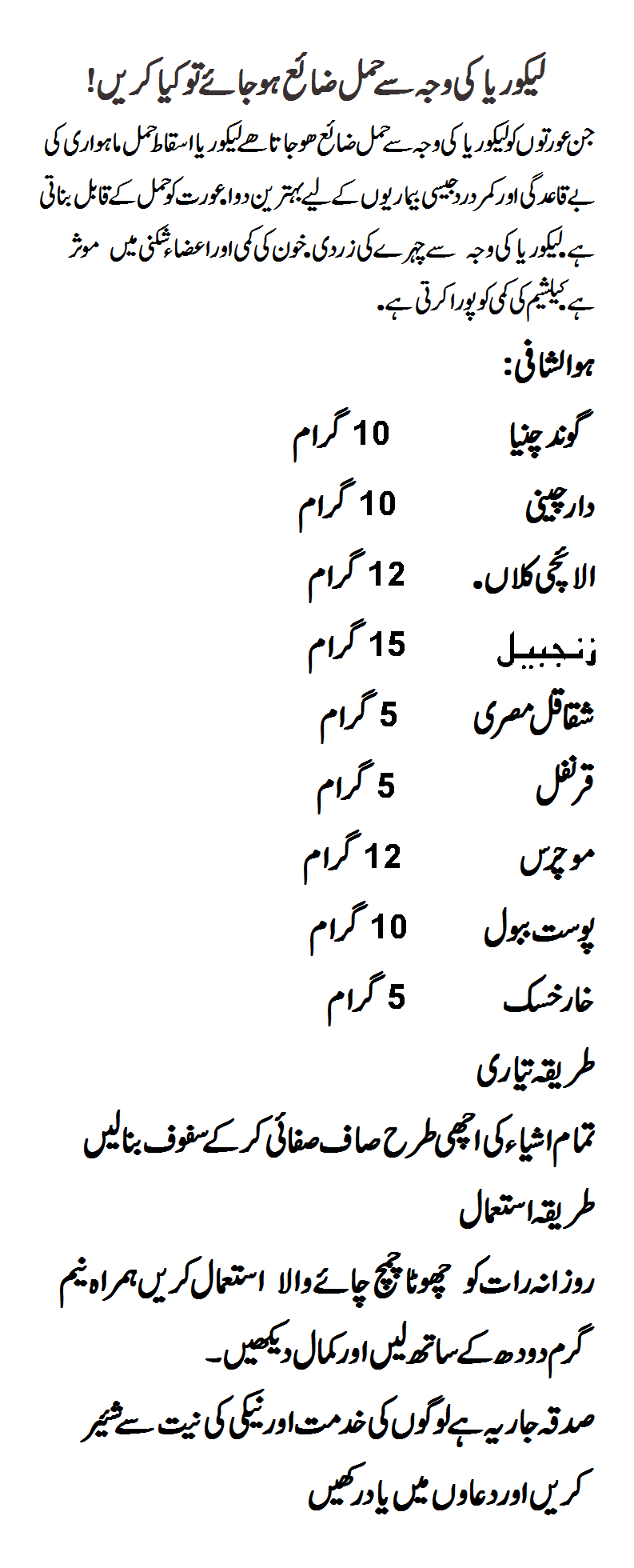The use of alternative medicines and dietary supplements is constantly changing, as are dietary habits. One example of this phenomenon is the current popularity of ginger products as an everyday health boost. Ginger and licorice has also been shown to ameliorate nausea a common complaint in early pregnancy. Alternative medicines are often regarded as safe.
However, they might affect fetal development, such as through alterations of hormone metabolism and cytochrome P450 function. Health care professionals may be unaware of the supplementation
habits of pregnant women, which may allow adverse exposures to go unnoticed, especially if the rates of use in pregnancy are not known. We therefore investigated the use of alternative medicines and licorice among pregnant Danish women.
A total of 225 pregnant women were included in a prospective cohort when attending the national prenatal screening program at gestational weeks 10–16. Participants were asked to complete a questionnaire regarding their socio-economic status and lifestyle habits, including their intake of alternative medicine and licorice.
